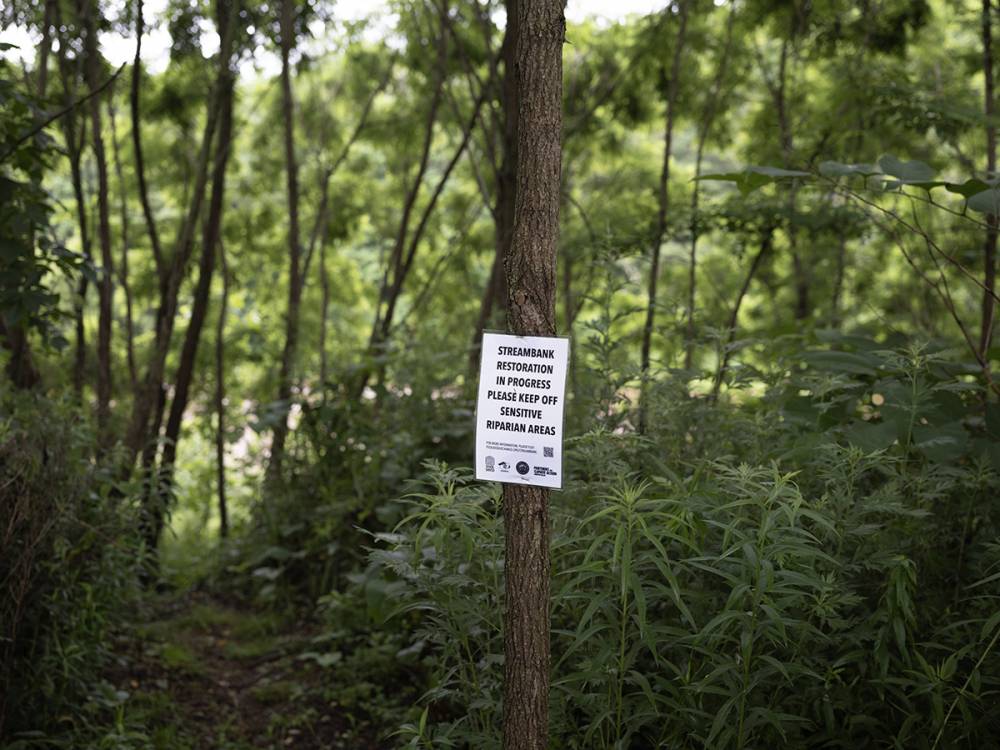A journal for storytelling, arguments, and discovery through tangential conversations.
Monday, November 10, 2025
|
Irene Lyla Lee
When the biologist Charles S. Elton coined the term “invasive species” in his 1958 book The Ecology of Invasion by Animals and Plants did he know his language would change the imagination about the dangers introduced species could bring? Right at the introduction he eagerly elucidates a nightmarish vision: “It is not just nuclear bombs and wars that threaten us, though these rank very high on the list at the moment: there are other sorts of explosions, and this book is about ecological explosions.” And he goes on to describe the horrors of plant invasions (along with bacterial, viral, and animal). And so the fated comparison between a bomb and an overgrowth of plants was established.
Both climate change and globalization are factors that make interchange of species inevitable and fast paced, which can lead to situations where species negotiate space with each other in sometimes fatal encounters. It can’t be denied that invasive species are a global threat to biodiversity. However, being afraid of plants is not going to help the fact that they are moving all the same. In the United States, up to 1 billion pounds of pesticides stave off unwanted or aggressive plants and pests per year, yet invasive species grow on their own in a range of soils and conditions, and usually are nutritious or have value for textiles or building.
